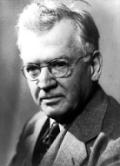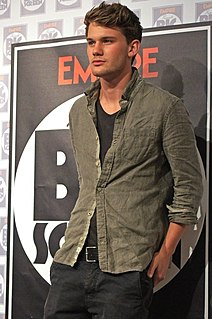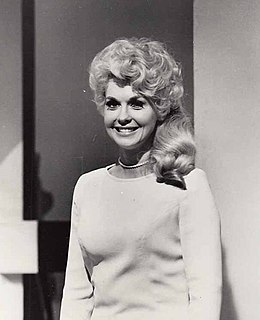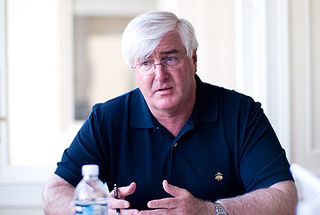A Quote by William J. Mitchell
American cities are kind of difficult contexts to work in. They are politically complex. There are a lot of different interest groups. It takes immense political skill to get anything done at all.
Related Quotes
I see nothing easy in Washington. I see either analytically simple things that are politically complex or those that are politically complex and analytically complex. I mean, look at immigration reform, you know? It is, I think, analytically easy, but politically very, very complex and very difficult.
In different countries the basis of resistance takes different forms, but it comes chiefly from the conservative groups. Hence it becomes increasingly difficult to go on spending in the presence of persisting deficits and rising debt. Some form of spending must be found that will command the support of the conservative groups. Political leaders, embarrassed by their subsidies to the poor, soon learned that one of the easiest ways to spend money is on military establishments and armaments, because it commands the support of the groups most opposed to spending.
Nearly every taping or audition has to be in an American accent, so you don't have a choice; you just have to get good at it. I'm sure you can appreciate accents - it's like learning any skill, you have to work at it and work at it and it takes an awful lot of time, until it's muscle memory and you don't have to think about it anymore.
The rise of a new kind of political science in the 1960s has been driving a wedge between political insiders and voters ever since. By turning voters into interest groups, it stopped establishment leaders from articulating a national narrative. It opened the way for Movement Conservatives to create today's political crisis.
I basically get stereotyped a lot in terms of being a girl and writing 'chick' music for teenage girls or something. I think, if anything, the press kind of, because of my gender and my age, tends to kind of relegate my work to this sort of special-interest group. It's part of the cultural dynamic, I guess.
That's just like America. It's made up of lots of different people. We're all different colors, different ages, we do different jobs -- but it takes all of us black people, white people, brown people, men and women, young and old, working in the factories, working in the fields, working in offices, working in stores -- it takes a lot of different kinds of people to get the job done for America.
Writing is the great skill, the creative skill. The acting is more an interpretative skill. And the thrill for me is the moment when I think of something. And then the challenge is how to get that funny idea to work in terms of the structure and that kind of thing, which is - and that's what I really love doing.







































